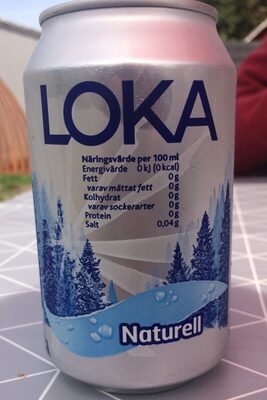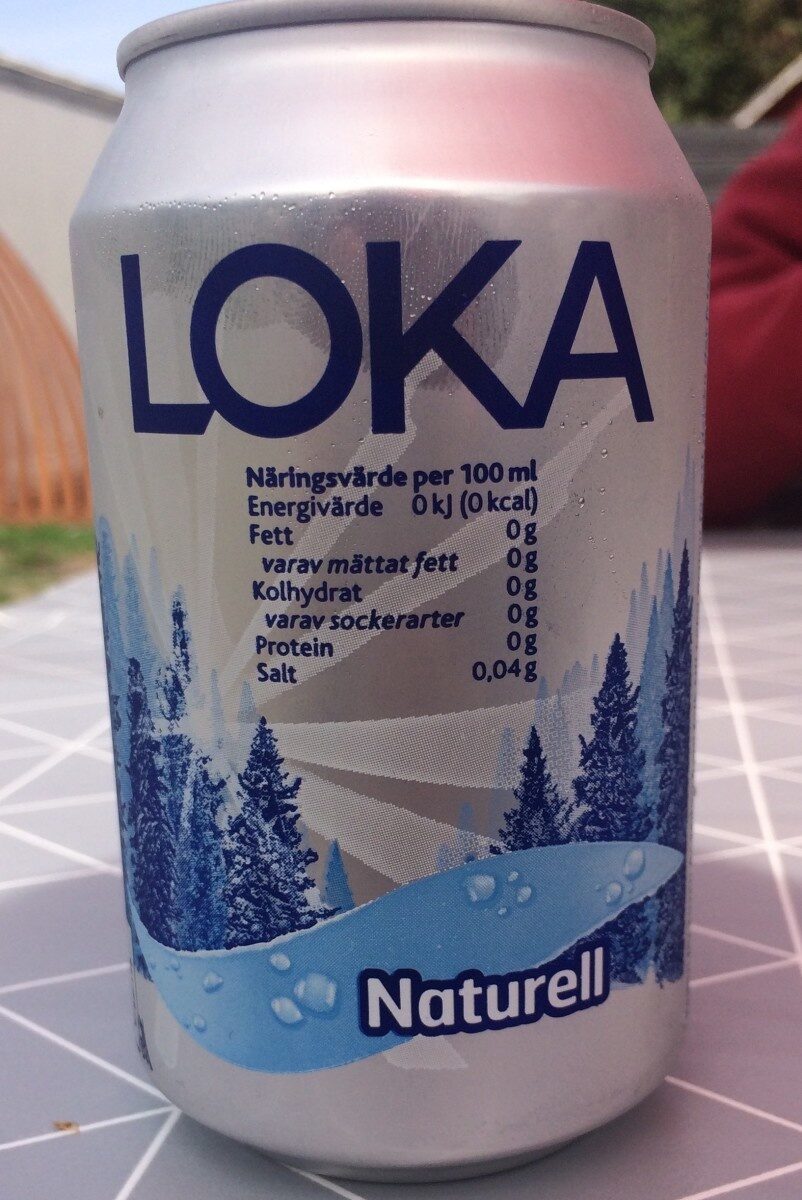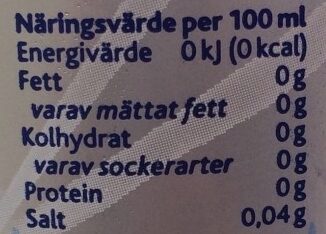Loka Naturell - 33 cl
This product page is not complete. You can help to complete it by editing it and adding more data from the photos we have, or by taking more photos using the app for Android or iPhone/iPad. Thank you!
×
Barcode: 7310401007120 (EAN / EAN-13)
Common name: Kolsyrat vatten
Quantity: 33 cl
Packaging: Metal, Recyclable Metals, Aluminium
Categories: Beverages, Carbonated drinks, Waters, Spring waters, Mineral waters, Carbonated waters, Natural mineral waters, Carbonated natural mineral waters
Stores: Coop
Matching with your preferences
Environment
Packaging
Transportation
Report a problem
Data sources
Product added on by kiliweb
Last edit of product page on by packbot.
Product page also edited by akitainu, openfoodfacts-contributors, yuka.UWZvakVid2p2dms2bDhNUzBBN040L2x6d2JtSFIxS3VFZm9lSVE9PQ.
If the data is incomplete or incorrect, you can complete or correct it by editing this page.









